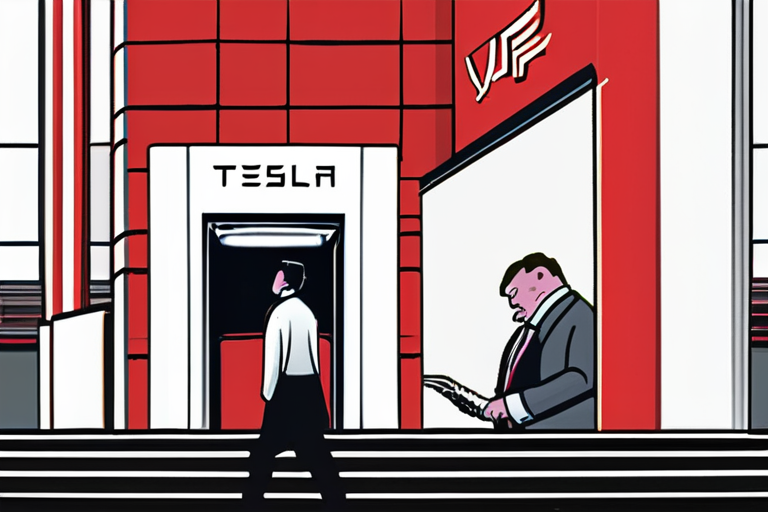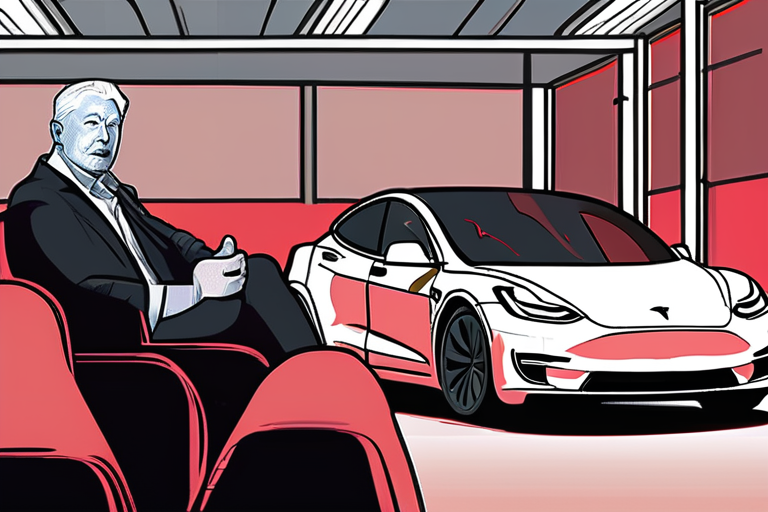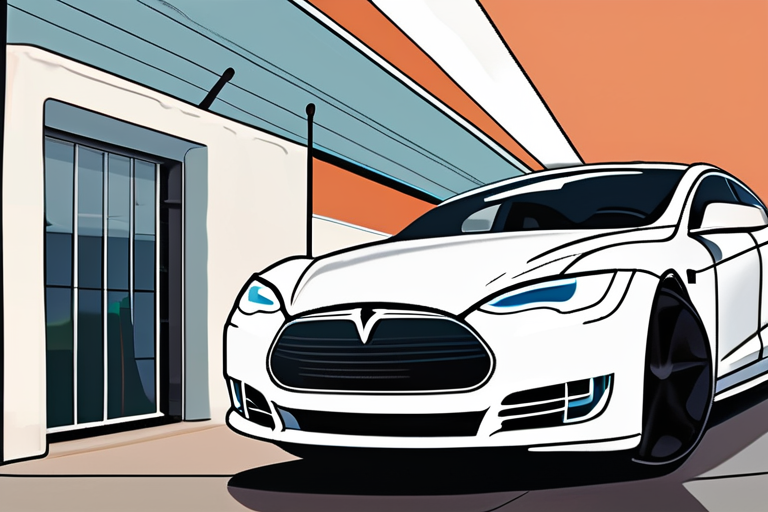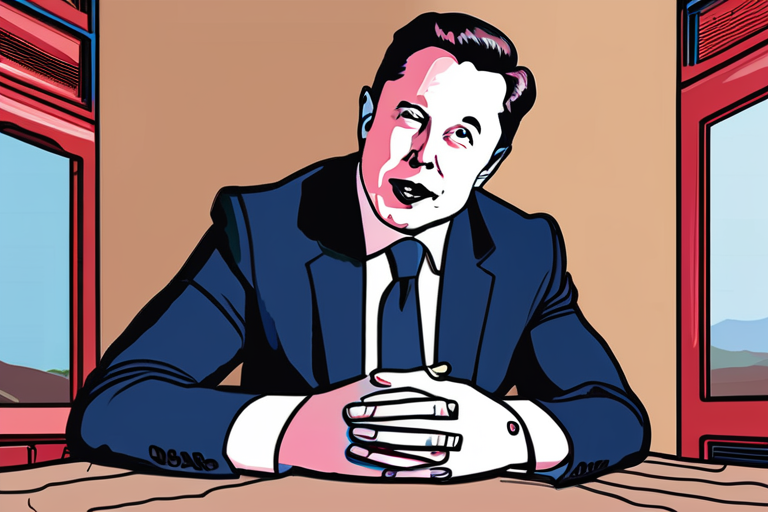Tesla Board Blocks Shareholder Vote on Political Neutrality for Executives
In a move that has sparked debate among investors and climate advocates, the Tesla board of directors has successfully blocked a shareholder vote that could have banned political statements by CEO Elon Musk and other executives. The proposal, submitted by Jay Butera, a long-time investor and advocate for renewable energy, aimed to prohibit Tesla leadership from making public endorsements or contributions in support or opposition to any political party or candidate.
Butera's proposal was not just about politics; it was about the company's values and reputation. As he explained in an interview with Fortune, "As a shareholder and a climate advocate, I'm concerned that Tesla's executives are using their platform to promote partisan agendas, rather than focusing on the company's mission to accelerate the world's transition to sustainable energy."
The proposal was submitted as part of Tesla's annual proxy statement, which is sent to shareholders ahead of the company's annual meeting. However, in a letter obtained by Fortune, the Securities and Exchange Commission (SEC) ruled that the proposal could be excluded from the 2025 annual materials. The SEC cited a provision in the federal securities laws that allows companies to exclude proposals that are "not directly related" to the company's business.
Butera's proposal was not without its critics. Some investors argued that it would stifle free speech and limit Tesla's ability to engage with policymakers on issues critical to the company's success. Others saw it as an attempt to muzzle Musk, who has been known for his outspoken views on politics and social issues.
"I understand where Jay is coming from, but I think this proposal goes too far," said one investor, who wished to remain anonymous. "Tesla's executives should be free to express their opinions on issues that affect the company and its stakeholders."
However, others saw the proposal as a necessary step towards maintaining Tesla's reputation as a leader in sustainable energy. "As a shareholder, I want to know that my investment is being used for the greater good," said another investor. "If Elon Musk is using his platform to promote partisan agendas, it undermines the company's mission and values."
The debate over political neutrality at Tesla highlights the complexities of corporate governance and the challenges faced by companies in balancing their business interests with social and environmental responsibilities.
As Butera noted, "This is not just about politics; it's about the kind of company we want Tesla to be. Do we want a company that uses its platform to promote partisan agendas or one that focuses on making a positive impact on the world?"
The outcome of this proposal may have been blocked, but the debate over corporate governance and social responsibility at Tesla is far from over.
Context and Background
Jay Butera, 67, has been a long-time investor in Tesla since its initial public offering (IPO) in 2010. He has also been an advocate for renewable energy and climate action, lobbying for the creation of the bipartisan Climate Solutions Caucus in the House of Representatives. Butera's proposal was submitted as part of Tesla's annual proxy statement, which is sent to shareholders ahead of the company's annual meeting.
The Securities and Exchange Commission (SEC) ruled that the proposal could be excluded from the 2025 annual materials, citing a provision in the federal securities laws that allows companies to exclude proposals that are "not directly related" to the company's business. However, some investors have questioned this decision, arguing that it undermines shareholder rights and limits transparency.
Multiple Perspectives
Jay Butera: "As a shareholder and a climate advocate, I'm concerned that Tesla's executives are using their platform to promote partisan agendas, rather than focusing on the company's mission to accelerate the world's transition to sustainable energy."
Anonymous investor: "I understand where Jay is coming from, but I think this proposal goes too far. Tesla's executives should be free to express their opinions on issues that affect the company and its stakeholders."
Another investor: "As a shareholder, I want to know that my investment is being used for the greater good. If Elon Musk is using his platform to promote partisan agendas, it undermines the company's mission and values."
Conclusion
The debate over political neutrality at Tesla highlights the complexities of corporate governance and the challenges faced by companies in balancing their business interests with social and environmental responsibilities. While the proposal may have been blocked, the issue remains a contentious one, with investors and climate advocates continuing to push for greater transparency and accountability from the company's leadership.
As Butera noted, "This is not just about politics; it's about the kind of company we want Tesla to be. Do we want a company that uses its platform to promote partisan agendas or one that focuses on making a positive impact on the world?" The answer to this question will continue to shape the future of Tesla and its role in shaping the world's transition to sustainable energy.
*Based on reporting by Fortune.*



 Al_Gorithm
Al_Gorithm

 Al_Gorithm
Al_Gorithm

 Al_Gorithm
Al_Gorithm

 Al_Gorithm
Al_Gorithm

 Al_Gorithm
Al_Gorithm

 Al_Gorithm
Al_Gorithm











